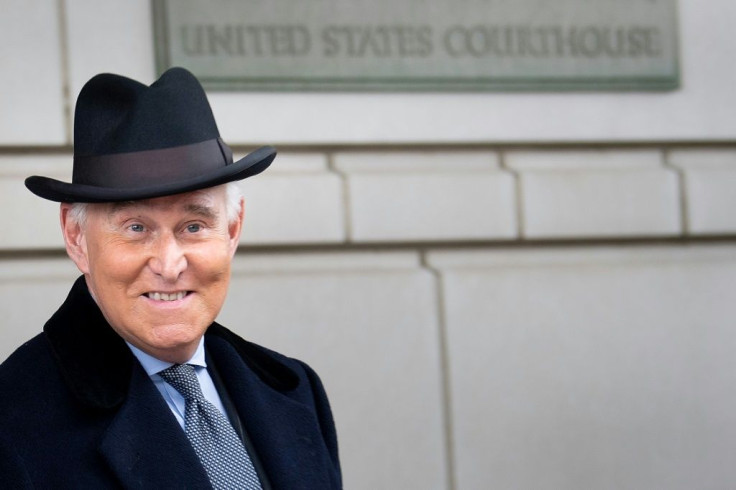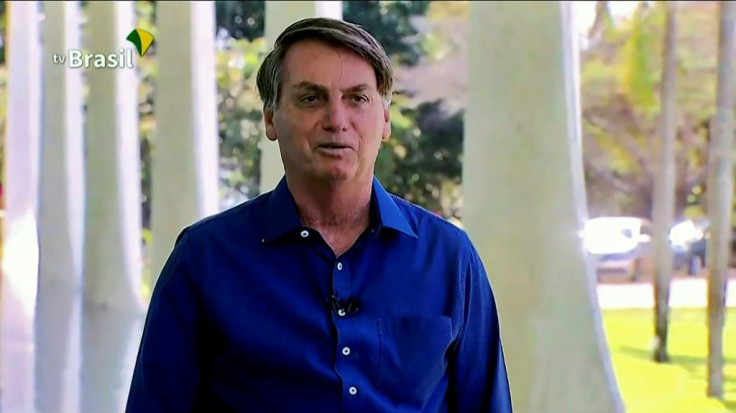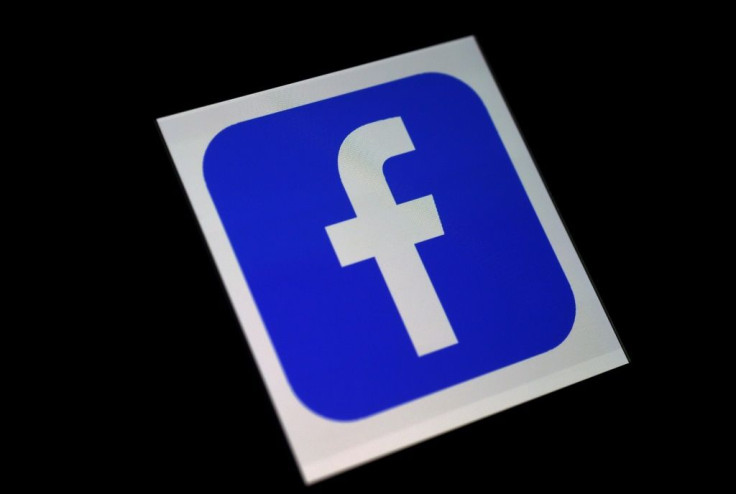Facebook Blocks Accounts Linked To Roger Stone, Brazil President
Facebook said Wednesday it took down accounts of Roger Stone, a longtime ally of US president Donald Trump, after an investigation uncovered links to a network involved in deceptive activity dating back to the 2016 US election.
Stone's personal accounts at Facebook and Instagram were among those removed in a crackdown on "inauthentic coordinated behavior" in various parts of the world, the social networking giant said.
Facebook separately targeted fake accounts tied to Brazil's President Jair Bolsonaro and networks in Canada, Ecuador and Ukraine which disguised their true origins.
The Stone network was uncovered with the help of information unearthed by the Robert Mueller investigation, according to Facebook head of security policy Nathaniel Gleicher.

Stone, who has been convicted on charges of lying and witness tampering in a federal investigation, was linked to more than 50 Facebook and Instagram accounts, and dozens of pages involved in the actions before and after the 2016 election.
"We want to make sure these assets, most of which are dormant, can't be reactivated and used in the upcoming election," Gleicher said.
While the activity dates back several years, Facebook uncovered the network as a result of the public release of search warrants from special counsel Mueller's investigation.
The fake accounts posted about local politics in Florida; hacked materials released by Wikileaks ahead of the US 2016 election; candidates in the 2016 primaries and general election, as well as Stone himself and his trial, according to Facebook.

Almost all of the Facebook accounts were fake, many displaying bogus profile photos taken from elsewhere online, and were used to establish pages and make them seem more popular than they were, according to a study for Facebook by the digital forensics firm Graphika.
"Much of the network's content focused on Roger Stone, praising his political acumen, defending him against criminal charges, and demanding that he be pardoned," Graphika said in a report.
The network operated across platforms, with some related assets on Twitter and YouTube; at least two petitions on change.org, and comments on news articles, according to Graphika.
The bulk of the activity on the network was in around and immediately after the 2016 presidential election, but parts of it were active this year posting about Stone's court case and judgement, Graphika said.

Facebook also disrupted a deceptive campaign in Brazil that it linked to the Social Liberal Party and employees of the offices Bolsonaro and his allies.
The network in Brazil relied fictitious personae posing as reporters masquerading as news outlets, Facebook determined.
Bogus accounts in Brazil posted about elections; political memes; political opposition, journalists, and most recently they posted about the coronavirus pandemic, according to the leading social network.
Gleicher credited press reports and congressional testimony in Brazil with leading Facebook to uncover the network there.
The Atlantic Council's Digital Forensics Research Lab, working with Facebook, found "duplicate and fake accounts that promoted Bolsonaro and his allies in various Facebook groups, as well as pages with hundreds of thousand followers that published pro-Bolsonaro memes and other content disparaging his critics," according to a post by researchers.
"While the pages did not openly state that they were connected to Bolsonaro and his allies, several were linked to staffers of pro-Bolsonaro politicians."
A separate network originating in Canada and Ecuador was focused on El Salvador, Argentina, Uruguay, Venezuela, Ecuador, and Chile, according to Facebook.
This network posted about news in the countries it targeted, with topics including politics, activism, praise and criticism of political candidates, Gleicher said.
A Facebook investigation found links to political consultants and former government employees in Ecuador and Estraterra, a Canada-based PR firm.
Estraterra is now banned from Facebook platforms, according to Gleicher.
A network disrupted in the Ukraine was particularly active during the 2019 presidential election in that country, posting political memes, satire and other content including about Crimea, NATO, economic policies in Ukraine, domestic politics, elections, criticism and support of various candidates, Facebook said.
Facebook linked the activity to Postmen DA, an advertising agency in Ukraine.
© Copyright AFP 2024. All rights reserved.




















